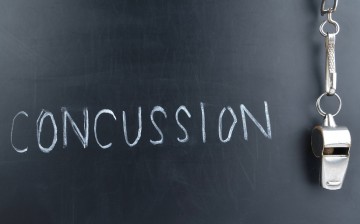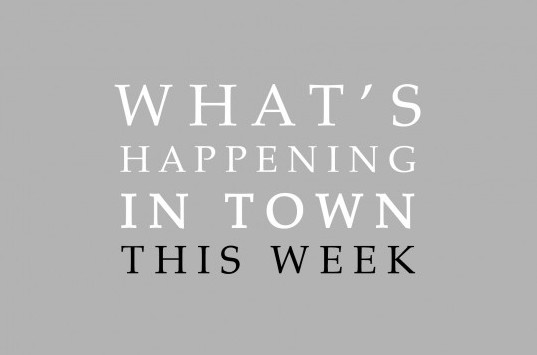Why You Need to Get Their Heads Examined!
 The past few years, we have been hearing nonstop about the effects concussion are having on children. The media has me somewhat, well, panicked about them. I worry about letting my 4th grader play football knowing that he’ll have a 75% chance of getting a concussion? Every time I watch them on a trampoline, my heart skips a beat when I see those near collisions between 2 of the kids. And my little one is rather accident-prone. I almost want to send her to school with a helmut…too much?! And I even know a few kids who have endured multiple concussions. The recovery was longer than I’d have thought it would be and effected their schoolwork as well. Horrible for the child scary for the parents.
The past few years, we have been hearing nonstop about the effects concussion are having on children. The media has me somewhat, well, panicked about them. I worry about letting my 4th grader play football knowing that he’ll have a 75% chance of getting a concussion? Every time I watch them on a trampoline, my heart skips a beat when I see those near collisions between 2 of the kids. And my little one is rather accident-prone. I almost want to send her to school with a helmut…too much?! And I even know a few kids who have endured multiple concussions. The recovery was longer than I’d have thought it would be and effected their schoolwork as well. Horrible for the child scary for the parents.
![]()
 First, know the symptoms. According to pediatric neurosurgeon Dr. Allison Rathmann of Morristown Medical Center, “Concussion symptoms usually appear immediately, but they can also develop several days after the injury. The symptoms can be physical, cognitive, emotional or sleep-related in nature.”
First, know the symptoms. According to pediatric neurosurgeon Dr. Allison Rathmann of Morristown Medical Center, “Concussion symptoms usually appear immediately, but they can also develop several days after the injury. The symptoms can be physical, cognitive, emotional or sleep-related in nature.”
- Physical – headache, nausea, vomiting, balance problems, dizziness, visual problems, fatigue, sensitivity to light, sensitivity to noise, numbness and tingling
- Cognitive – feeling mentally “foggy,” feeling slowed down, difficulty concentrating, difficulty remembering, forgetful of recent events or conversations, confused about recent events, repeats questions
- Emotional – irritability, sadness, more emotional, nervousness
- Sleep-related – drowsiness, sleeping more than usual, sleeping less than usual, trouble falling asleep
It’s important to remember that even mild concussions can have significant negative results, and the effects of multiple mild traumatic brain injuries can be cumulative. Furthermore, ongoing headaches and other concussive symptoms may indicate an incomplete recovery.
Atlantic Neuroscience Institute conducts baseline concussion (a.k.a. pre-concussion) testing for athletes. The exam provides an individual’s baseline or measurement of “normal” brain function. It’s quick and easy. This way, if your child does suffer from a concussion, he or she is re-tested and that data can be compared with the baseline results to properly monitor recovery and determine when it is safe for the player to return to active sports. You can call 908-598-7972 for more information or visit atlantichealth.org.
To learn more about concussions, visit Atlantic Health System’s blog.
Should You Let Your Son Play Football?
ABS: Watch (& Laugh) as Heather Try Tammy’s Totally Crunchless Workout
Should You Add Turmeric to Your Diet?
Childhood Obesity Gets Worse in the Summer
Why I am the WORST Dance Mom EVER



























